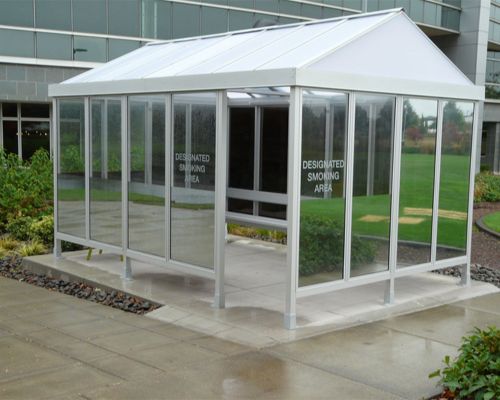
Understanding the effects of secondhand smoke, especially on vulnerable groups such as people with asthma, is paramount to fostering healthier environments and communities. For example, you may be wondering how secondhand smoke affects asthma. This analysis will illuminate the often-underestimated risks associated with secondhand smoke exposure and provide actionable steps to mitigate these dangers.
Asthma and Its Effects
Asthma, a respiratory condition that involves the airways becoming inflamed and narrowing, affects millions of people worldwide. Individuals with asthma experience symptoms such as wheezing, shortness of breath, chest tightness, and coughing, which can reduce their quality of life. Asthma has a complex lineup of triggers, which vary widely among individuals but often include environmental pollutants such as secondhand smoke.
Does Secondhand Smoke Affect Asthma?
Secondhand smoke, also known as environmental tobacco smoke, is a mixture of gases and fine particles from a burning tobacco product and the smoke the smoker exhales. It contains thousands of toxic chemicals, including some that can exacerbate asthma.
For people with asthma, secondhand smoke can be a significant health hazard. Exposure to this harmful environment can lead to more frequent and severe asthma attacks. Individuals with asthma who are exposed to secondhand smoke are more likely to have to visit emergency departments, require specialty medications, or be hospitalized for exacerbated respiratory conditions.
Furthermore, children with asthma are particularly sensitive to the effects of secondhand smoke. Exposure can increase the risk of developing more severe asthma, impede lung development, and result in more frequent asthma attacks that are harder to control, even with medication.
Ways To Reduce Secondhand Smoke Exposure
Creating a smoke-free environment is crucial for individuals with asthma. Here are some practical steps to reduce exposure to secondhand smoke:
- Implement a strict no-smoking policy in homes and vehicles.
- Avoid public places where smoking is allowed. Many regions have laws prohibiting smoking in public spaces, which greatly benefits people with asthma.
- Educate friends and family members about the risks of secondhand smoke, especially around individuals with asthma.
- Consider using air purifiers in homes to remove particles from the air. However, note that air purifiers cannot remove all the harmful elements of secondhand smoke.
Building managers and business owners should also consider installing smoking shelters on their properties to provide smokers with designated spots that minimizes the spread of their secondhand smoke.
The science is clear: secondhand smoke poses risks to individuals with asthma, exacerbating symptoms and contributing to the severity of the condition. By taking decisive steps to avoid exposure and advocating for smoke-free environments, those with asthma and their families can safeguard their health and improve their quality of life.
Ultimately, creating and maintaining smoke-free spaces not only benefits individuals with asthma but also enhances the overall public health landscape. This is where Handi-Hut can assist building owners, city planners, and building managers with designated smoking structures to minimize the spread of secondhand smoke. Browse our website to find a wide range of shelter designs and styles.
